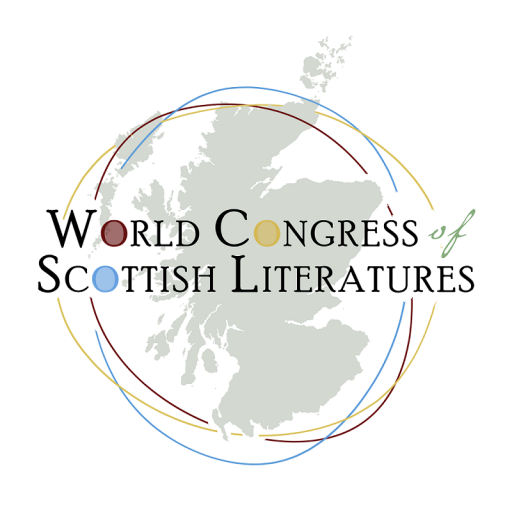“To See Ourselves in a Place that Isn’t Here”: Heritage, Memory and Highland Identity in David Greig’s Victoria
In his 2000 play Victoria, the Scottish playwright David Greig delves into the depths of nationalidentity to analyze the process whereby highland image is formed and maintained in and out of Scotland. History and memory play a vital role in the play, as characters seem simultaneously drawn to and repelled by the space they occupy, by the stories that space conceals. In Victoria the concept of heritage—that is the characters’ personal account of history through memory— is mediated by a nostalgia/rejection binomial that shifts over time, encompassing an escapist desire with national rootedness. This dichotomy is further problematized by the mixed emotions of citizens and travelers. Whilst locals day-dream of leaving for America or the Spanish war, foreigners praise the purity and quality of highland landscapes. Past and space (as a materialization of the former) are not only mediated by memory, then. They are also pinpointed through a series of absences primarily illustrated by historical ignorance and stereotypical affirmations uttered by foreign characters. Even when Greig’s Highlands seem anything but accessible, ‘a global gaze’ still manages to trespass. This is because, as Trish Reid suggests, Greig continuously explores “the scope and direction of Scotland’s engagement with local, European and global contexts” (2013: 65); his play being an example of not only intergenerational transmission, but also transnational relationality. This paper is an attempt at identifying the workings of history, memory and space in the configuration of a national highland identity and its transnational adaptations. In Victoria, the national border opens and closes, always leaving a scar in the crosser. Greig’s transnationalism relies in a violent sense of belonging that simultaneously attracts and repels outsiders and insiders, shifting roles over time. Violence is a constant in Greig’s trilogy, the only visible trace of memory, of migration, of the past. From murder to plane crashes, violence stands for a transformative tool that affects both characters and audience, depicting the ordeal of the former to elicit a response on the latter. As a national epic about the ethics of landscape (Wallace 2013: 76), Victoria traces different migrant flows in/out of the Highlands to showcase sociopolitical transformations and render theatre a ‘site of memory’ (Nora 2000) that remains breathing and alive; for Greig’s National Theatre must not be “in a mausoleum [but] down the pub” (McMillan 2016: 346), its authenticity presented in the flesh, but specially in the blood.
